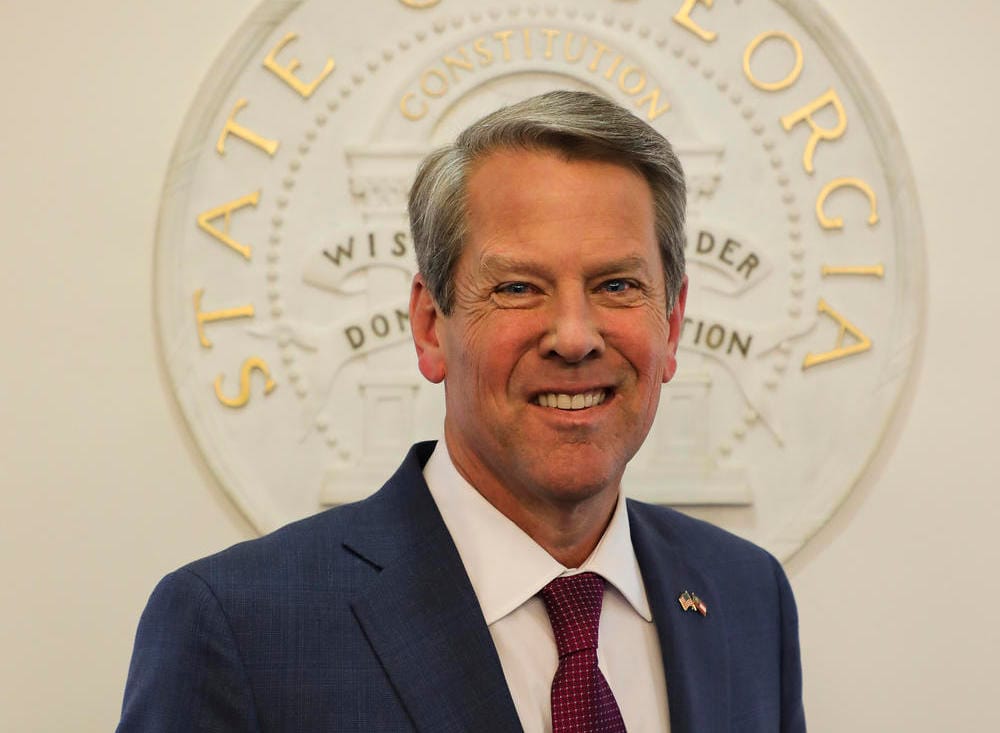ECF Funding, Georgia Broadband Grants, Affordable Broadband Access, Broadband Label Comments
The Emergency Connectivity Fund has now committed $6.5 billion to help schools and libraries.
Em McPhie

January 5, 2022 — The Federal Communications Commission on Wednesday announced it will commit more than $34 million in a new funding round through the Emergency Connectivity Fund to help schools and libraries provide connectivity for off-campus learning.
The $7.1-billion program was established in 2021 in response to the COVID-19 pandemic and offered schools and libraries three application windows to apply for support. Wednesday’s announcement funds applications from the third window, and will benefit approximately 80,000 students in Colorado, Idaho, Missouri, North Carolina, Ohio and Washington.
“As we start the new year, we continue our work to make sure kids have the digital tools they need for after-school homework and connecting with teachers,” said FCC Chairwoman Jessica Rosenworcel in a press release. “Today’s funding announcement brings us closer to the goal of closing the Homework Gap.”
The program has now committed $6.5 billion to help schools and libraries across the country support remote learning.
Access to affordable broadband varies significantly by state
There are currently 10 states in the U.S. where less than half of the population has access to a broadband plan that costs under $50 per month, according to new research from BroadbandNow.
The states are Alaska, Arkansas, Kansas, Mississippi, Missouri, Montana, New Mexico, North Dakota, South Dakota and Wyoming.
Connecticut, Delaware, Hawaii and Washington D.C. were found to have achieved 100% availability for low-priced broadband.
The report found that average household income is a strong predictor of broadband pricing, with those in high-income areas paying less on average for broadband than those in low-income areas. Other factors contributing to the disparity may be local economic conditions, state-level infrastructure differences and the urban/rural divide.
Local competition is an important factor that both decreases prices and increases speeds, the report said.
The research was based on more than 2,000 internet service providers’ publicly available plan and coverage data.
Georgia awards $234 million in preliminary broadband grants
Georgia Gov. Brian Kemp announced on Wednesday more than $234 million in 29 preliminary grant awards for broadband internet expansion through the state’s Capital Projects Fund Grant Program.
When combined with capital matches from the awardees, almost $455 million will be invested to serve over 76,000 locations that lack high-speed internet access across 28 counties. The state will open a second round of the grant program for the five eligible counties that did not receive an award.
The awardees include 12 different internet service providers comprised of electric membership cooperatives, large telecommunications companies and local companies.
“High-speed internet access is critical for both academic and economic opportunities, as well as overall quality of life,” Kemp said. “These projects announced today will go a long way to helping Georgians in some of the most unserved and underserved parts of the state become better connected.”
Following Kemp’s August announcement of the Capital Projects Fund Grant Program, the Governor’s Office of Planning and Budget and the Georgia Technology Authority worked to identify the state’s most unserved and underserved counties. In December, the U.S. Treasury Department approved $250 million in funding for Georgia through the American Rescue Plan’s Capital Projects Fund.
FCC extends comment deadline for broadband label proceeding
The FCC on Wednesday granted a 30-day extension to file comments in its broadband “nutrition” label proceeding.
The comment deadline is now Feb. 16 and reply comments are due March 16.
The extension was granted in response a December request from Free Press and sixteen other groups and individuals, who stated that the additional time “would provide reasonable accommodation for the many public interest advocates, civil rights organizations, researchers, data experts, and consumers whose voices should be heard in this proceeding.”
In November, the FCC ordered internet providers to display machine-readable, easily understandable service data at points of sale, including internet plans’ performance metrics, monthly rates and other information.
The FCC is specifically seeking comments regarding the labels’ accessibility for individuals with disabilities, such as whether to require Braille or a QR code with a tactile indicator at points of sale for visually impaired consumers.









Member discussion